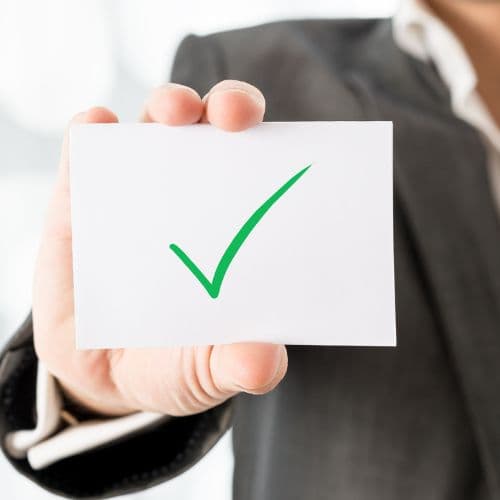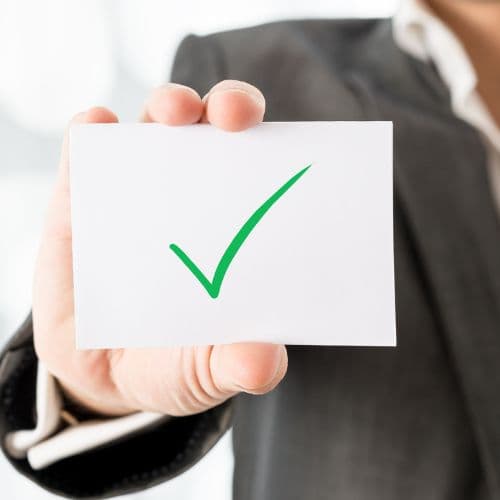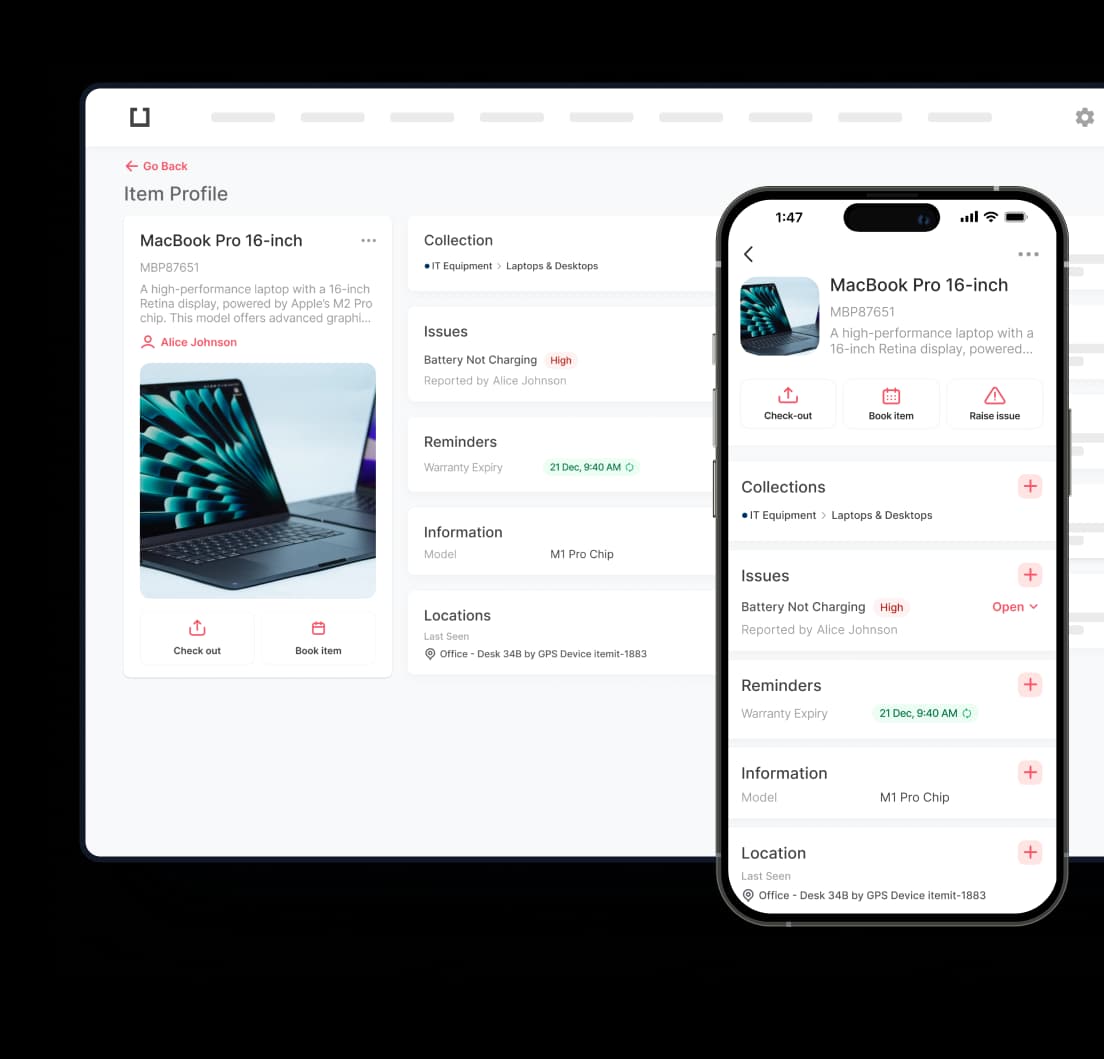So you’re considering using an asset register to help you to keep an eye on your assets. You should know that if you choose to use a register such as this you’re making a good decision. The very latest reliable and modern asset register format or formats will help you track assets with ease.
One of the issues that some users of tracking software occasionally have is that their register isn’t up to date. It isn’t complete, therefore, their desire to track assets successfully isn’t fulfilled. This is not something that you need to worry about. This article will show you how you can ensure your asset register is always complete. This is regardless of which asset register format you use.
Here’s what you need to do:
Understand What Each Asset Is
One of the very first things that you need to do involves you understanding more about your assets. As you add each asset to your chosen software you could include various pieces of information about them. For example, you could add the following to each asset’s digital profile:
The asset’s:
- Name/model and make
- Manufacturer
- Date of purchase and cost at purchase
- The estimated life span and value
- The asset’s insurance and warranty information
- The ideal maintenance schedule
- Who has access to the asset
- A photograph of the asset so it can be easily identified
- The instruction booklet in PDF format or a link to the instruction booklet
- And much more
The more details that you add about each asset, the better. It ensures that when you need to find that information, it’s very easy. Let’s imagine that your new laptop breaks down. You’ll be pleased that you have the insurance and warranty information noted in the laptop’s digital profile. You won’t have to go searching through a lot of files, the information can be at your fingertips within moments. As long as you use an asset register format that lets you add a lot of details about each asset, you’re good to go.

Start Tracking Each Of Your Assets
Now it’s time for you to start tracking your assets. You can do this quite easily by securing a barcode/QR code to your assets. When the code has been scanned, it will create that digital profile that was mentioned earlier. The creation of this profile will allow you to instantly track the asset in question. As long as the QR code or barcode is attached to the asset, you can track it. It really is that simple.
Simply log into your chosen asset register format via your computer, laptop, tablet, or phone, and track your assets. You can see where they are all day every day.
Did you know that as long as you have an internet connection you can track your assets? You could, for example, track them from the train, your office, at the theatre (during the interval), at the park, on the bus, and so on. Simply log into the software and you can see each asset’s last known location.
Make Sure Your Team Updates The Software
From time to time, you may purchase some new assets. When you do, it’s a great time for you to update your software. Regardless of the asset register format you use, updating should be easy. Simply add your new assets and input as many details about them as you wish. This will help to ensure that your asset register is always complete.
Ideally, new assets will automatically be added to the software. However, this is not always possible. If you’re very busy, adding an asset may not be a priority. However, if you ask your team to update the software every other week, they should stay on top of things. You could always make it someone’s job to go around each department and add the new assets. This could ensure that the task is completed quickly.
Report Issues
A very good way to ensure that your asset register is complete is to report issues. From time to time, issues are likely to arise with your assets. A machine, for example, may break down. As soon as this occurs, the maintenance team should be alerted. Depending on the asset register format you choose, you may be able to contact the maintenance team via the app. They’ll receive an update and schedule a repair. Alternatively, a replacement machine may be required. Once the new machine has been purchased it can be added to the asset register.
It’s entirely possible for you to keep your asset register complete all of the time. In fact, once you’ve added a new asset and its related information, the rest is easy.
Wish to chat with an expert about using an asset register format that works for you? Contact us now at team@itemit.com.





